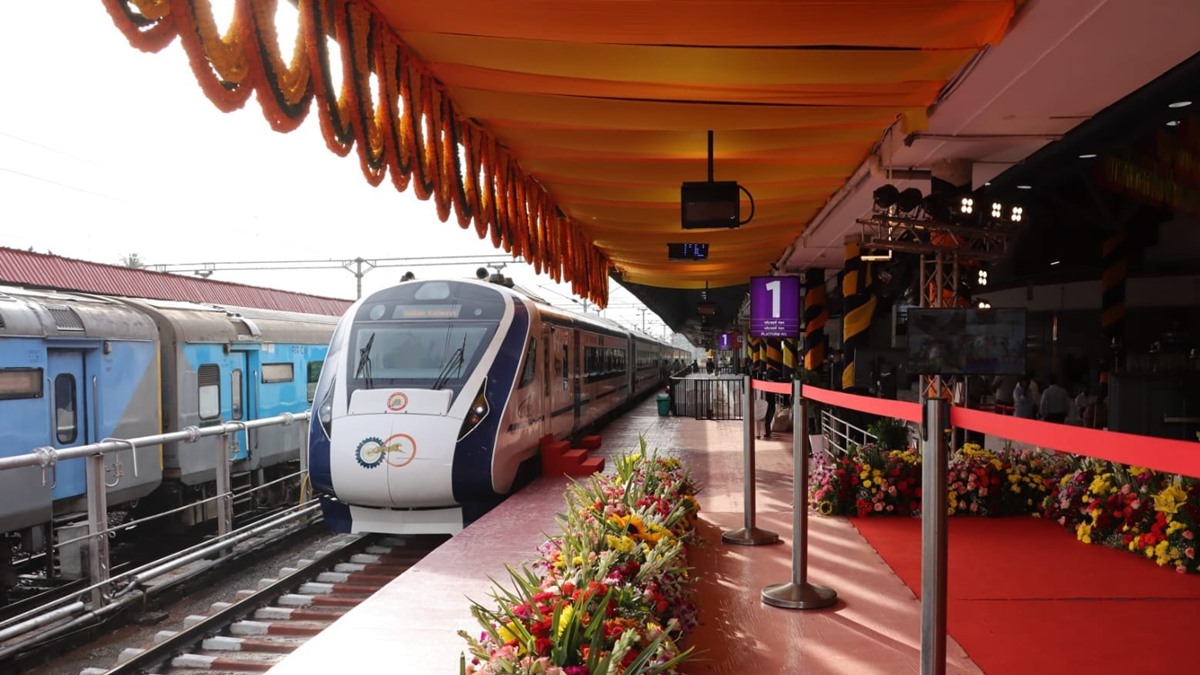
Response to Uri: Modi pours cold water on Indus water retaliation against Pakistan
Blood and water cannot flow together, says Prime Minister, even as he rules out stopping water to Pakistan.
For all the talk about scrapping the Indus Water Treaty as retaliation for the Uri terrorist attack in which 18 Indian soldiers died, Prime Minister Narendra Modi on Monday decided not to do so.

At a high level meeting he chaired, Modi ruled out scrapping the 1960 agreement with Pakistan, but decided that India would henceforth use a greater share of the water from the river. Currently, India lets more than 80 percent of the Indus river to flow into Pakistan. The invisible elephant in the room: China.
[PM Modi chairs meeting on Indus Water treaty]
At the meeting, the Prime Minister called, however, for a more aggressive strategy saying, "blood and water cannot flow together".
India is expected to put in place a more aggressive strategy, which would include using more of the waters from three of the six rivers in the region that supply water to Pakistan. This strategy is aimed at putting pressure on Pakistan to mend its terrorist ways.

India has also reportedly decided to suspend Indus water commission talks. The government also wants to revive the suspend Tulbul navigation project. The Prime Minister asked for dams under construction in Jammu and Kashmir to be expedited.
[When Modi reviews Indus Water Treaty, one wary eye will be on China]
The Indus Water Treaty was signed on September 19, 1960. The treaty deals with the rivers Ravi, Beas, Sutlej and their tributaries and the three western rivers Indus, Jhelum and Chenab and their tributaries.
India is obligated to let 80 per cent of the water from the Western rivers to flow into Pakistan.
Earlier today, in the Supreme Court, a petition was filed by advocate M. Sharma seeking to declare the treaty as unconstitutional. The Bench asked the petitioner why he had decided to challenge a treaty that was signed nearly 60 years ago.
At the meeting, in which National Security Adviser Ajit Doval, Foreign Secretary S. Jaishankar, Water Resources Secretary Shashi Shekhar and other senior officials were present, the China factor, too, was debated.
In the Brahmaputra, China is the upper riparian state. It could stop the flow of water from the Brahmaputra into the North Eastern states, some officials are said to have cautioned.
OneIndia News


 Click it and Unblock the Notifications
Click it and Unblock the Notifications



























